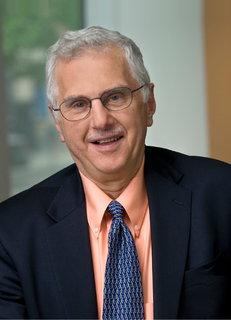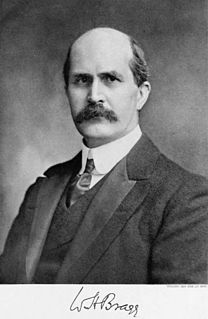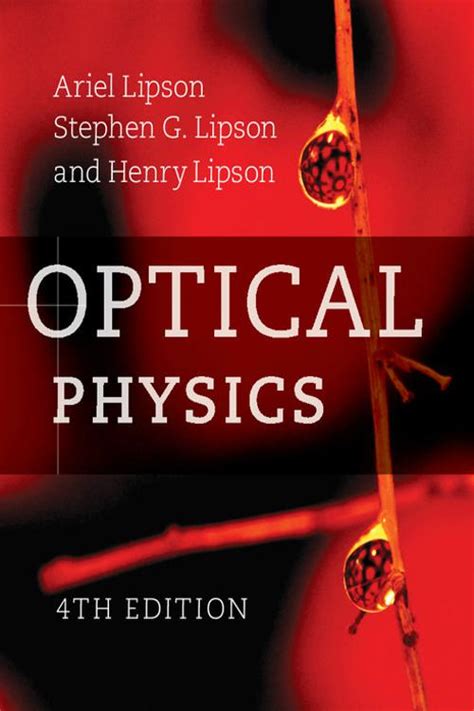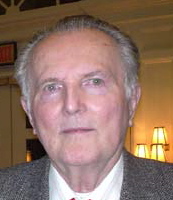A Quote by Nevill Francis Mott
All scientific theories are provisional and may be changed, but ... on the whole, they are accepted from Washington to Moscow because of their practical success. Where religion has opposed the findings of science, it has almost always had to retreat.
Related Quotes
It turned out I was pretty good in science. But again, because of the small budget, in science class we couldn't afford to do experiments in order to prove theories. We just believed everything. Actually, I think that class was called Religion. Religion class was always an easy class. All you had to do was suspend the logic and reasoning you were being taught in all the other classes.
In evolution, as in all areas of science, our knowledge is incomplete. But the entire success of the scientific enterprise has depended on an insistence that these gaps be filled by natural explanations, logically derived from confirmable evidence. Because "intelligent design" theories are based on supernatural explanations, they can have nothing to do with science.
In all modern history, interference with science in the supposed interest of religion, no matter how conscientious such interference may have been, has resulted in the direst evils both to religion and to science, and invariably; and, on the other hand, all untrammelled scientific investigation, no matter how dangerous to religion some of its stages may have seemed for the time to be, has invariably resulted in the highest good both of religion and of science.
Since religion intrinsically rejects empirical methods, there should never be any attempt to reconcile scientific theories with religion. An infinitely old universe, always evolving, may not be compatible with the Book of Genesis. However, religions such as Buddhism get along without having any explicit creation mythology and are in no way contradicted by a universe without a beginning or end. Creatio ex nihilo, even as religious doctrine, only dates to around AD 200. The key is not to confuse myth and empirical results, or religion and science.
Science is experimental, moving forward step-by-step, making trial and learning through success and failure. Is not this also the way of religion, and especially of the Christian religion? The writings of those who preach the religion have from the very beginning insisted that it is to be proved by experience. If a man is drawn towards honour and courage and endurance, justice, mercy, and charity, let him follow the way of Christ and find out for himself. No findings in science hinder him in that way.
Science is expanding, and with it our vision of the universe. although this new and constantly changing view may not always give us comfort, it does have the virtue of truth according to our most effective resources for acquiring knowledge. No philosophy, moral outlook, or religion can be inconsistent with the findings of science and hope to endure among educated people.
From religion comes a man's purpose; from science, his power to achieve it. Sometimes people ask if religion and science are not opposed to one another. They are: in the sense that the thumb and fingers of my hands are opposed to one another. It is an opposition by means of which anything can be grasped.
Philosophers of science constantly discuss theories and representation of reality, but say almost nothing about experiment, technology, or the use of knowledge to alter the world. This is odd, because 'experimental method' used to be just another name for scientific method.... I hope [to] initiate a Back-to-Bacon movement, in which we attend more seriously to experimental science. Experimentation has a life of its own.
What struck me most in England was the perception that only those works which have a practical tendency awake attention and command respect, while the purely scientific, which possess far greater merit are almost unknown. And yet the latter are the proper source from which the others flow. Practice alone can never lead to the discovery of a truth or a principle. In Germany it is quite the contrary. Here in the eyes of scientific men no value, or at least but a trifling one, is placed upon the practical results. The enrichment of science is alone considered worthy attention.
Trouble arises when either science or religion claims universal jurisdiction, when either religious dogma or scientific dogma claims to be infallible. Religious creationists and scientific materialists are equally dogmatic and insensitive. By their arrogance they bring both science and religion into disrepute.
Science has only two things to contribute to religion: an analysis of the evolutionary, cultural, and psychological basis for believing things that aren't true, and a scientific disproof of some of faith's claims (e.g., Adam and Eve, the Great Flood). Religion has nothing to contribute to science, and science is best off staying as far away from faith as possible. The "constructive dialogue" between science and faith is, in reality, a destructive monologue, with science making all the good points, tearing down religion in the process.


































